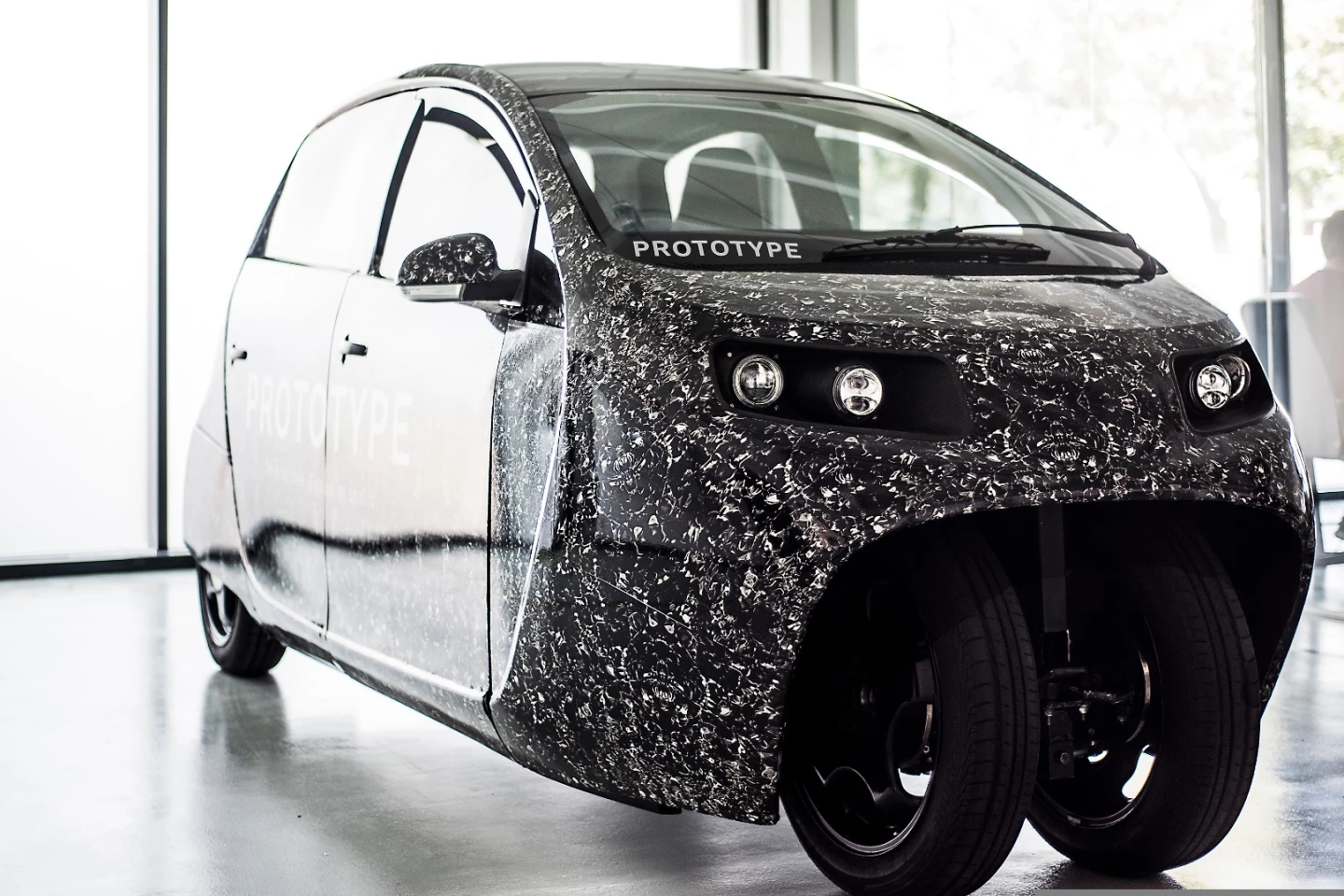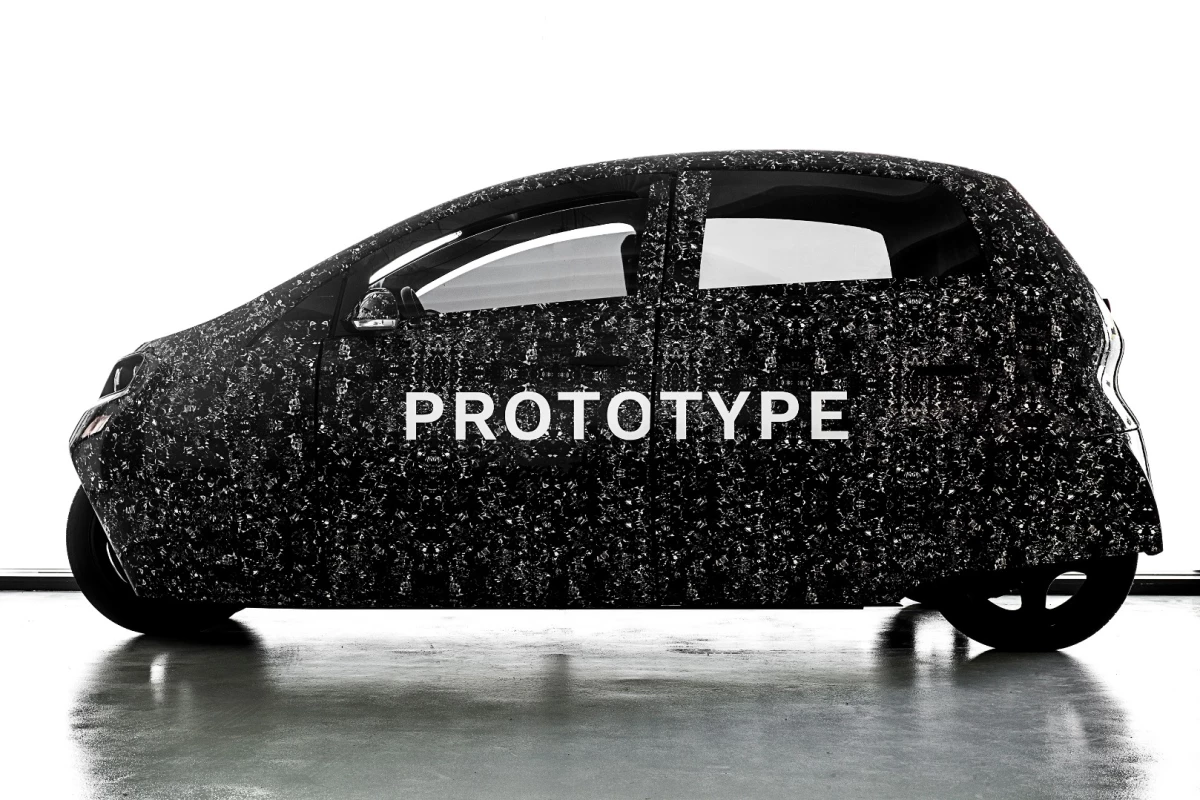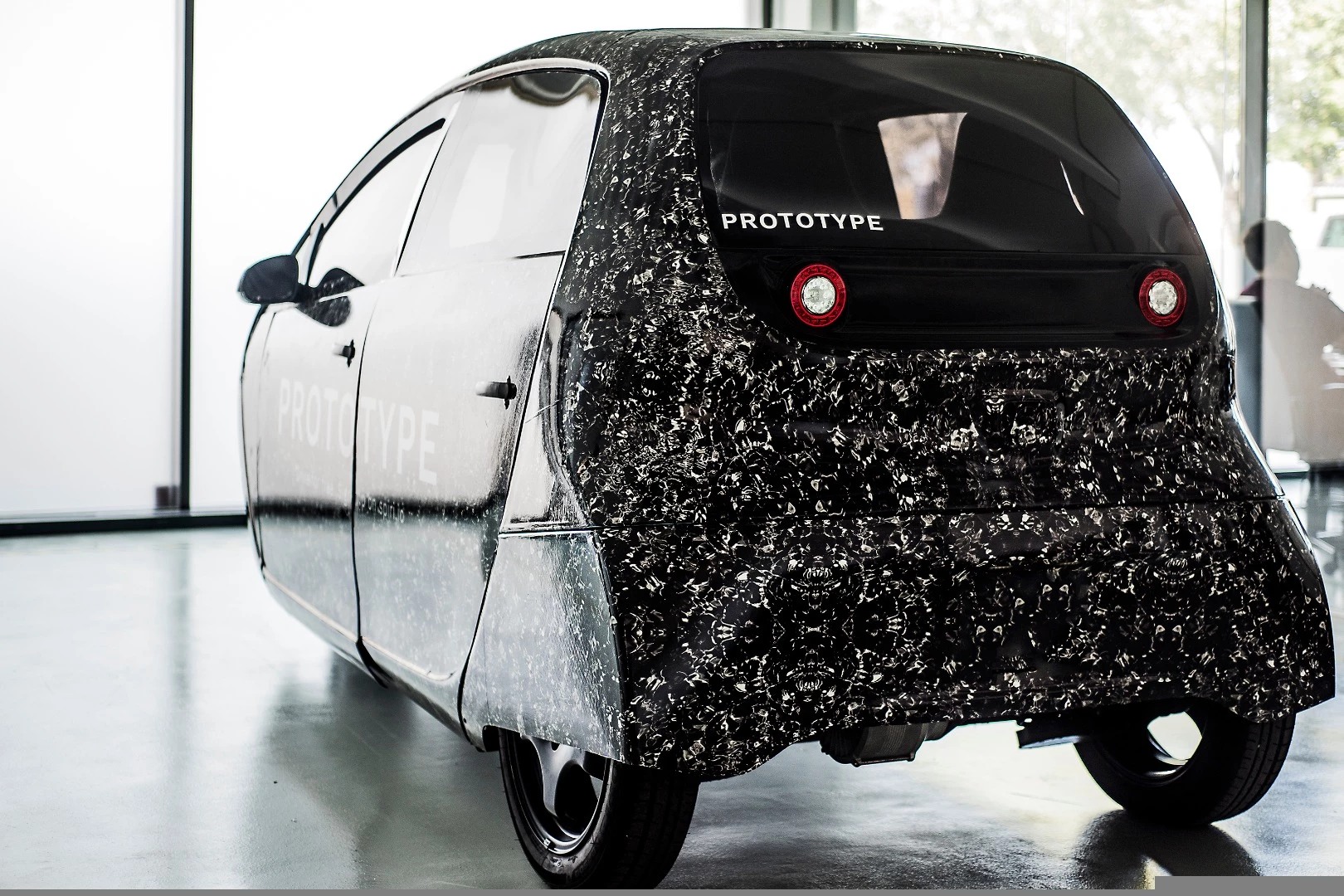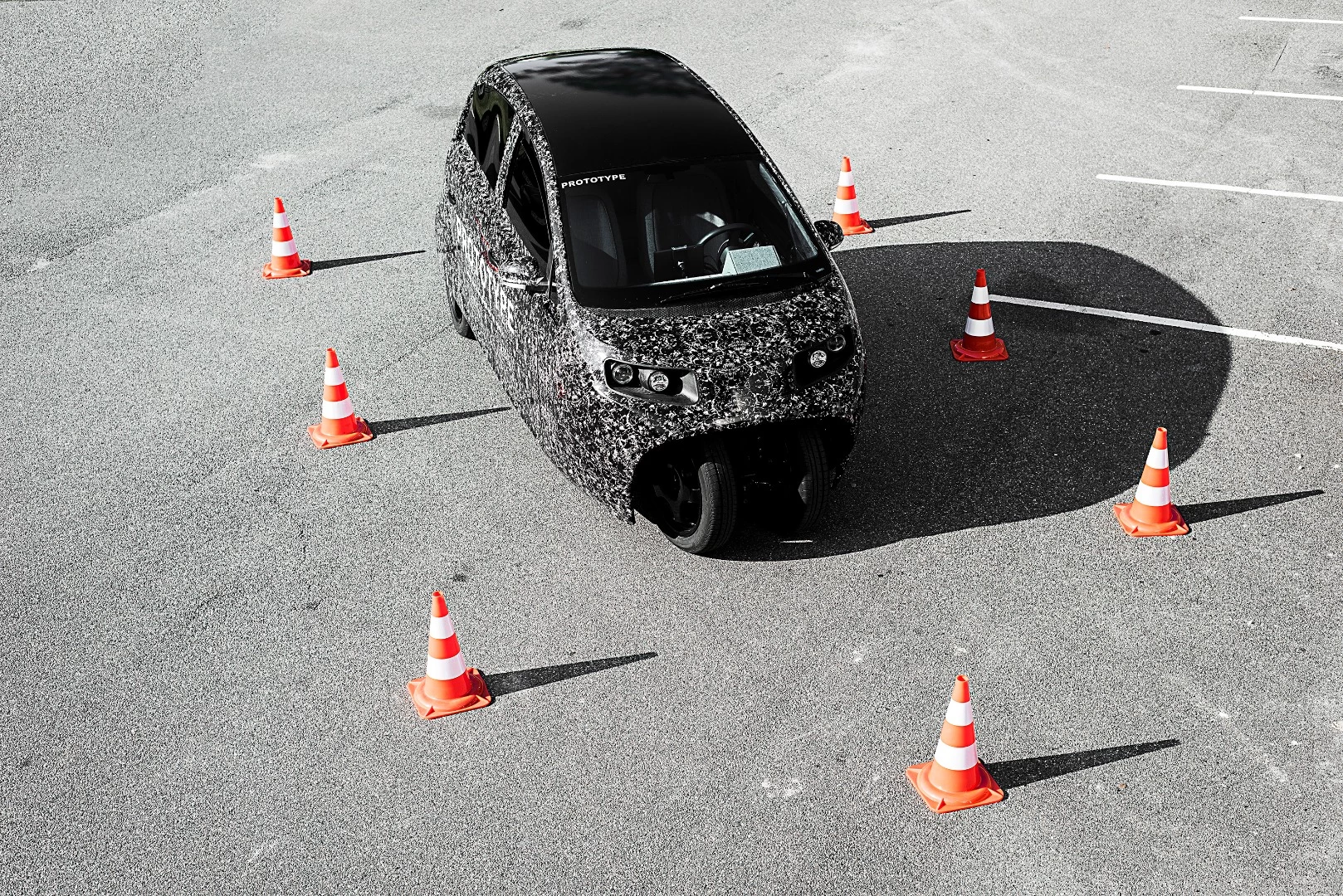For Danish startup Spiri, personal car ownership is too inefficient, traditional ride-sharing services too expensive and public transport too inconvenient. It's self-drive carpooling service is promised to get you where you need to be for free if you're the driver, or at about the price of a bus ticket for passengers.
While other ride-sharing services are seeking to bring costs down in the long-term with the development of autonomous vehicles, Spiri wants to give everyone the convenience of an on-demand car service at a price that allows for everyday use, now. This is where carpooling comes in.
So that its users don't have to actually own a car themselves, the company will provide low-cost fleets of electric vehicles that can be used by different people and that won't be left parked up for most of the day.
Indeed, the company has just unveiled its first prototype vehicle, which is described as "basically a lab on wheels" by Spiri board member Peter Carlsson. "It allows us to perfect the handling, legroom, battery range and safety before we decide on the final design," he explains.
The Spiri v0.1 has been designed specifically for the carpooling service, with a view to maximizing range, connectivity and passenger comfort, while minimizing cost.
"We've cut out all the features of a traditional car that add zero value to a person's daily commute and travel," reveals CEO Stefan Holm Nielsen. "No interior panels, no paint and a quarter of the parts of a traditional car. Additionally, the entire body of the vehicle is built from carbon fiber. This way, we reduce the weight and cost, while dramatically increasing the safety and range of the vehicle."

Spiri says the prototype will do 320 km (199 mi) on a single full charge of its 36.5 kWh battery. It seats four people and has wide doors to allow occupants to get in and out easily. There's also said to be more legroom than a Mercedes S-Class and enough space for the various belongings that people typically carry with them.
The idea is that drivers will collect a car from one of of Spiri's "designated parking hubs," Spiri-operated spaces where the company takes care of all maintenance and battery charging. They will then pick up additional passengers who are going in the same direction from "virtual bus stops" on the way to their destination.
Algorithms are used to match drivers with passengers who have booked and paid for a ride via the Spiri mobile app and to ensure that detours for the virtual bus stops add no longer than a few minutes to the length of the journey for all occupants. The app will also be used to unlock, lock and start the cars, as well as to add an element of safety via location tracking.
Turn-by-turn navigation and, if required, live support help is available to help keep things on track, and the journey ends at another Spiri parking hub close to the final destination of the driver.
The Spiri prototype was unveiled in Copenhagen, Denmark, on Tuesday. The service is expected to launch in the UK, Germany, Denmark, Norway and Sweden next year.
The video below provides an introduction to Spiri.
Source: Spiri







